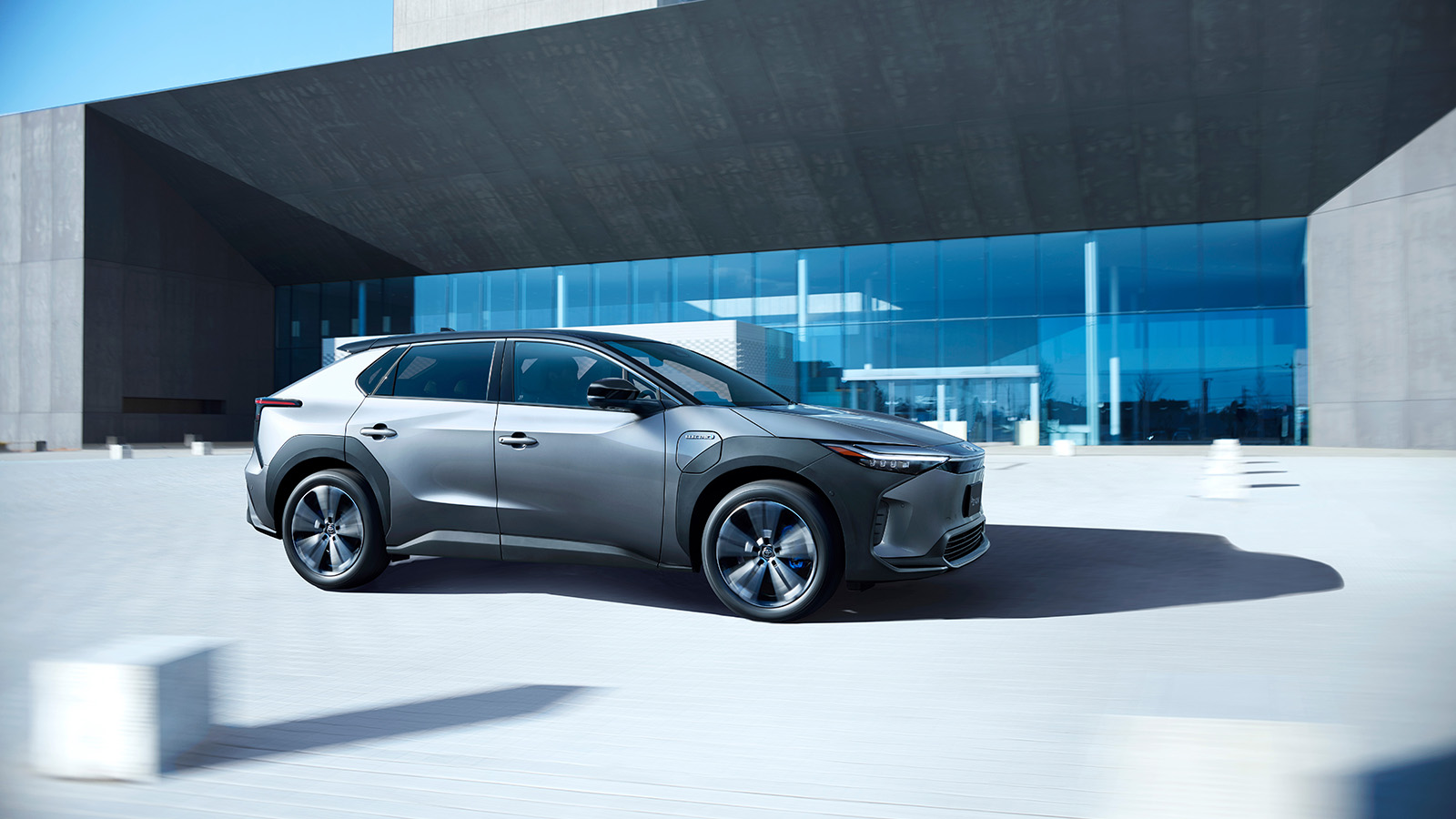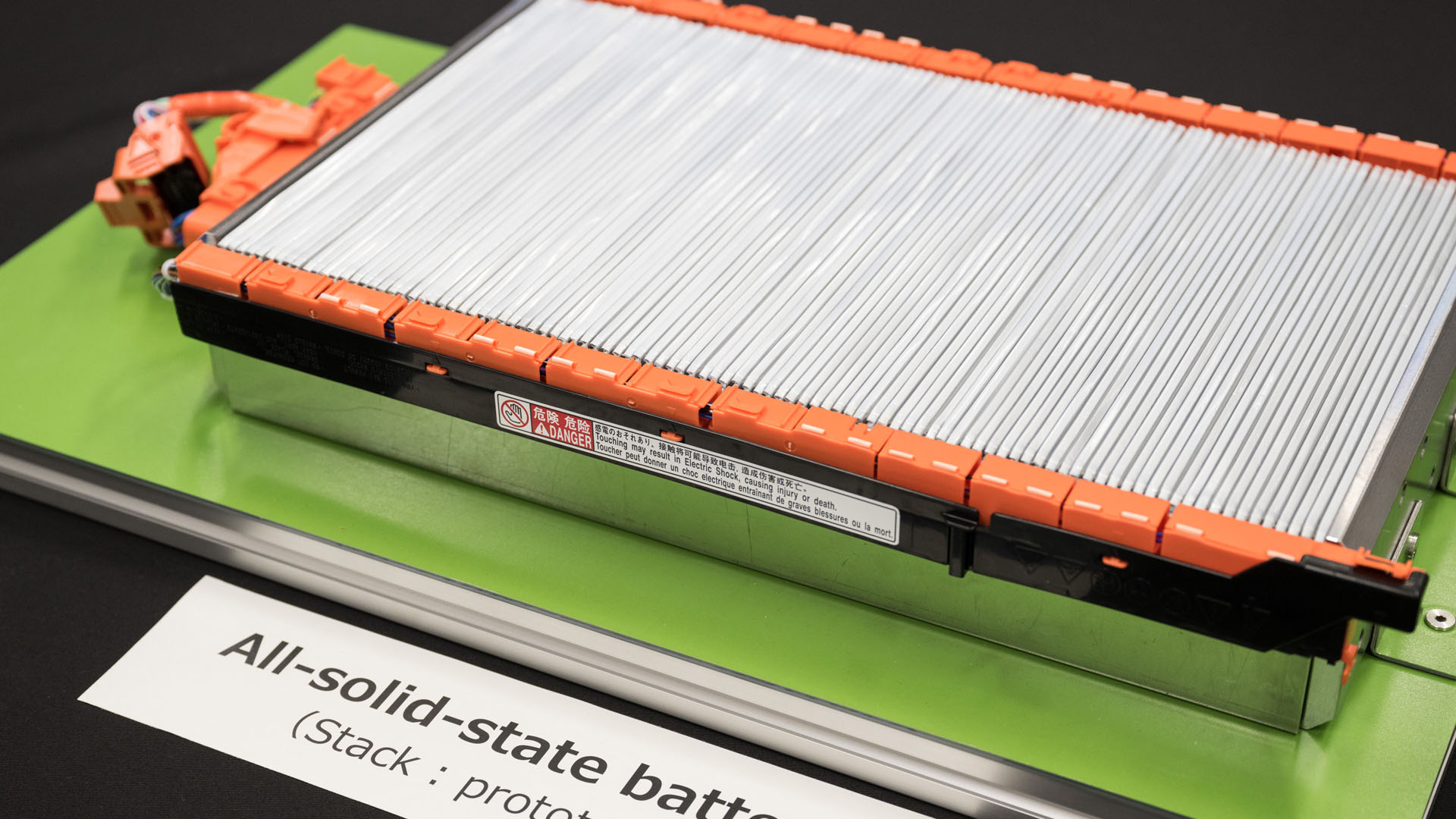
Toyota claims that it is working on battery technology that could extend the range of electric cars to more than 900-miles. And, the first cars to adopt it could start to arrive as soon as 2028.
In fact, we could even see EVs from the manufacturer hit ranges of around 600-miles in just three years, with the company aiming to implement its first wave tech into a Lexus-branded vehicle in 2026.
In comparison, this year's Lexus RZ 450e luxury SUV has an estimated range of just under 200-miles, so the new models will achieve more than three times that.
Toyota says that its vision will "change the future of cars" and will comprise a strategy that matches advancements in battery technology with a new hydrogen business. In the near-term, its next-generation batteries will be matched with "sonic technology" to achieve a vehicle cruising range of 1,000 km (621-miles).
Aerodynamics will also be tweaked to improve performance and range, so you might find the new all-electric models looking less angular and more sweeping than the recently-released Toyota bZ4X (pictured).

The company says that its first wave all-electric lineup will be extensive and launched fully in 2026. It expects that, by 2030, it will be manufacturing 1.7 million vehicles from its own BEV factories, but will have 3.5 million units on the market globally.
It also hopes to greatly expand the production of hydrogen fuel-powered cars and vehicles. This is a relatively small area of the market at present, but is something many manufacturers have their eyes on. The zero-emissions technology is attractive because hydrogen fuel cells offer even greater distances than future electric tech without stopping/refuelling.
The Japanese car firm has revealed that it will focus mainly on hydrogen-powered commercial vehicles at first, not least because the refuelling infrastructure in Europe and other supporting countries is currently geared more towards businesses.
The fuel itself is also currently expensive due to the relative lack of demand and the costs incurred in transporting it safely, in comparison with petrol and diesel.
Toyota will supply around 100,000 units to global markets by 2030, it says. That could rise more rapidly though depending on other car makers and their similar plans.







